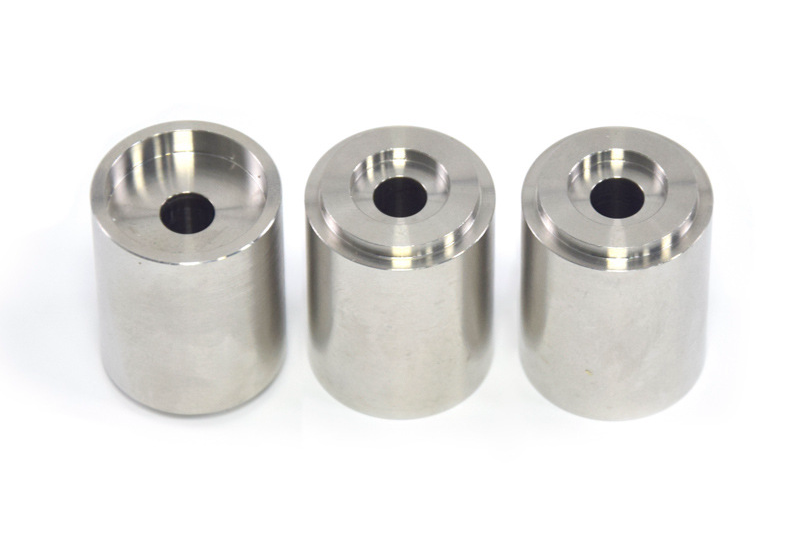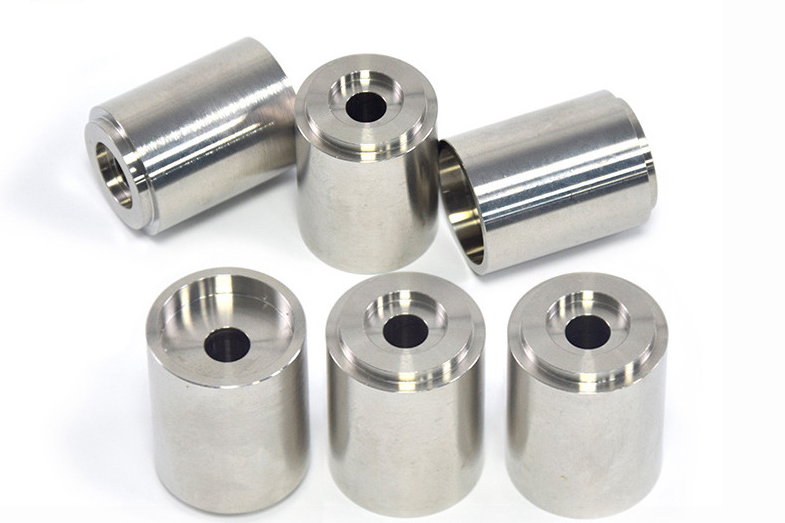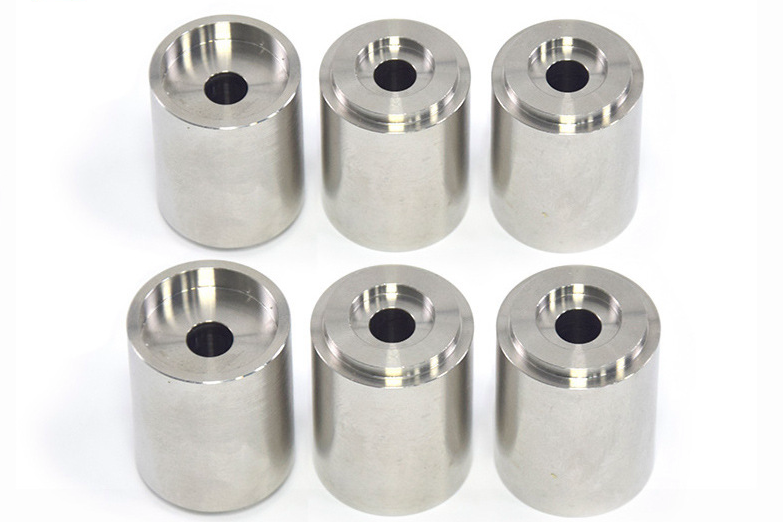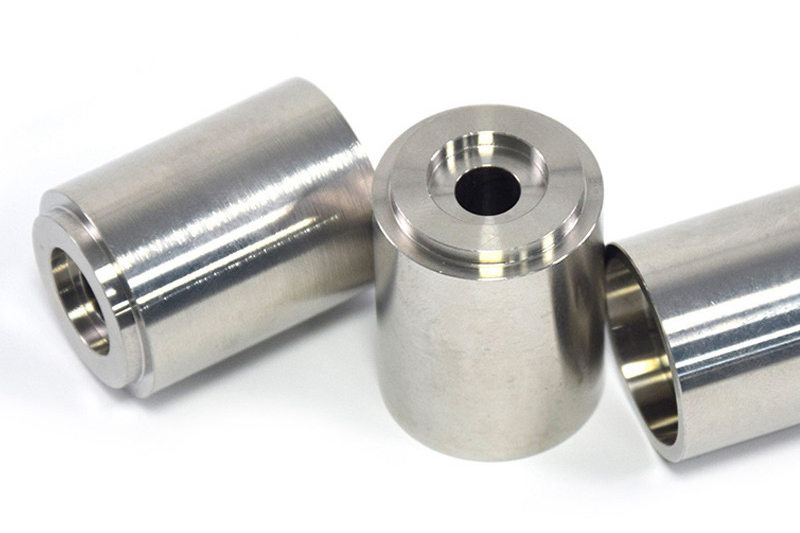Case Study: CNC Turning Consumer Electronics Parts
A brief overview of CNC Turning
CNC Turning is a pivotal technique in custom part manufacturing, ensuring precision and efficiency in crafting components. As a production engineer at Neway, a leading custom parts manufacturer, I can attest to the significance of CNC Turning in our one-stop service for rapid prototyping and on-demand production.
Definition and Process
CNC Turning, or Computer Numerical Control Turning, is a machining process that rotates a workpiece on a spindle while a cutting tool shapes it into the desired form. The automated precision CNC technology distinguishes turning from traditional methods, allowing for intricate designs and high repeatability.
Rapid Prototyping with CNC Turning
At Neway, CNC Turning is crucial in our rapid prototyping services. The speed and accuracy of this method enable us to produce prototype components, swiftly facilitating the iterative design process. This agility ensures that clients can quickly evaluate and refine their product concepts.
Introduction of CNC Turning Consumer Electronics Parts
In the dynamic realm of consumer electronics, precision and efficiency are paramount. CNC turning, a pivotal aspect of Neway's comprehensive manufacturing services, is crucial in crafting high-quality components for diverse electronic devices.
CNC Turning, or Computer Numerical Control Turning, is a precision machining process that creates cylindrical parts by rotating a workpiece while a cutting tool precisely removes material. This method is particularly indispensable in producing intricate components vital to the functionality and aesthetics of consumer electronics.

Connector Pins: CNC turning excels in crafting connector pins with exceptional precision. These small yet crucial components ensure seamless electrical connectivity in various devices, from smartphones to smart home gadgets.
Audio Jacks and Housings: Manufacturing audio jacks and housings demands meticulous attention to detail. CNC turning allows for the creation of precisely dimensioned parts that contribute to the flawless operation of audio devices.
Rotational Knobs and Buttons: Devices with adjustable settings, such as volume knobs or control buttons, rely on CNC-turned components for smooth and accurate user interactions. The high accuracy achieved through CNC turning ensures a seamless user experience.
Case Study: Neway's Expertise in CNC Turning
CNC turning stands as one of the pivotal methods within Neway's array of precision manufacturing techniques. Its significance lies in the intricate shaping and crafting of materials, creating custom components with remarkable precision. Here's a case study illustrating Neway's expertise in CNC turning, highlighting its prowess and real-world application.
Neway's Approach
Precision Machinery:
Neway leveraged state-of-the-art CNC turning technology with high-precision tools and multi-axis capabilities.
Material Expertise:
Extensive knowledge in handling various materials enabled Neway to recommend a specialized alloy known for its exceptional strength-to-weight ratio and resistance to thermal stress.
Customized Workflow:
Engineers at Neway meticulously designed a customized workflow, optimizing toolpaths and operational sequences to maximize efficiency without compromising precision.
Machining Excellence:
Neway meticulously crafted each component to exact specifications through CNC turning, ensuring minimal material wastage and superior surface finish.
Stringent Quality Control:
Continuous monitoring and stringent quality control checks ensured adherence to the client's specifications at every production stage.
Timely Delivery:
Neway's streamlined processes and commitment to timelines led to the on-time delivery of flawless components, meeting the client's stringent project deadlines.
Outcome and Impact:
The aerospace company integrated Neway's CNC-turned components into their propulsion systems, witnessing:
Enhanced Performance:
The components' precision and durability contributed to the propulsion systems' enhanced performance and reliability.
Cost Efficiency:
Reduced material wastage and impeccable quality led to cost savings in production and maintenance.
Long-term Partnership:
Impressed by the quality and professionalism exhibited, the aerospace company established a long-term partnership with Neway for its critical manufacturing needs.
CNC Turning Consumer Electronics Project Introduction
In the dynamic landscape of consumer electronics, precision and efficiency are paramount. One manufacturing method that stands out in meeting these demands is CNC Turning, a process that Neway, a leading custom parts manufacturer, adeptly incorporates into consumer electronics projects.
CNC Turning, or Computer Numerical Control Turning, is a subtractive manufacturing process pivotal in crafting intricate components for electronic devices. The process involves securing a raw material, typically metal or plastic, on a rotating lathe. As the material spins, cutting tools controlled by computer programs meticulously shape it into the desired form.
CNC turning technology is good at manufacturing rotary parts. Such parts are often round or cylindrical. In the Consumer Electronics industry, they are usually presented as small handles, buttons, housings, etc. Neway has processed handles and nozzles for a variety of consumer electronics products.

Material Selection for CNC Turning
Choosing the suitable material for CNC turning is crucial to ensure the desired precision and performance of the final product. In Neway's expertise, where CNC machining is a crucial manufacturing method, materials play a pivotal role in determining the success of the production process.
Metals for CNC Turning:
Aluminum: Widely used for its excellent machinability and lightweight properties, aluminum is a popular choice. It's suitable for various applications, from automotive components to aerospace parts.
Stainless Steel: Known for its corrosion resistance, stainless steel is ideal for components requiring durability in harsh environments. Different grades offer varying levels of strength and machinability.
Brass: With its good conductivity and aesthetic appeal, brass is often chosen for components in electronics and decorative applications.
Plastics for CNC Turning:
Acetal: Also known as Delrin, acetal is a high-strength plastic with low friction properties. It is suitable for precision parts like gears and bearings.
Nylon: Offering excellent wear resistance and toughness, nylon is commonly used to produce components in the automotive and machinery industries.
Considerations for Material Selection:
Machinability: The chosen material should be easy to machine to ensure efficient CNC turning. Neway's expertise in CNC machining enables precise and intricate detailing, maximizing the potential of selected materials.
Application-Specific Properties: Understanding the specific requirements of the end product is crucial. For example, components exposed to harsh environmental conditions may benefit from corrosion-resistant materials like stainless steel.
Neway manufactures consumer electronic handles that require long-term contact with the human body. The choice of SS316L material can avoid corrosion from sweat and is easy to process.
Challenges and Solutions
Turning a stainless steel 316L handle poses several challenges, but these challenges can be addressed with the right approach and precision manufacturing methods. Let's explore the key challenges and potential solutions in the process:
Material Toughness and Hardness:
Challenge: SS316L is known for its high toughness and hardness, making it challenging to machine.
Solution: Utilize CNC machining with appropriate cutting tools designed for stainless steel. Carbide inserts are commonly used for their durability and efficiency in handling rigid materials.
Tool Wear and Breakage:
Challenge: Due to the hardness of SS316L, tools may experience wear and breakage, affecting the overall efficiency of the turning process.
Solution: Implement a robust tool management strategy, including regular tool inspection and replacement. High-quality cutting tools with coatings designed for stainless steel can enhance tool life.
Heat Generation:
Challenge: Intense heat can be generated during turning, potentially affecting material properties and tool life.
Solution: Optimize cutting parameters, such as cutting speed and feed rate, to minimize heat generation. Coolant application is crucial to dissipate heat and improve the overall machining performance.
Dimensional Accuracy:
Challenge: Achieving precise dimensional accuracy is essential for a handle's functionality.
Solution: Implement CNC machining with precise toolpath control. Regularly calibrate and maintain CNC machines to ensure accuracy throughout the production process.

Surface Finish:
Challenge: SS316L requires careful consideration to achieve a smooth and aesthetically pleasing surface finish.
Solution: Fine-tune cutting parameters and use finishing passes to enhance the surface quality. Post-processing techniques, such as polishing, can improve the handle's appearance.
Rapid Prototyping for Design Validation:
Challenge: Before initiating full-scale production, validating the design through rapid prototyping is crucial.
Solution: Utilize CNC machining as a rapid prototyping method to create accurate prototypes for design validation. It ensures that the final handle meets the specified requirements.
In summary, turning an SS316L handle involves addressing challenges related to material properties, tooling, heat generation, dimensional accuracy, and surface finish. By leveraging CNC machining and adopting precise strategies, Neway can overcome these challenges and produce high-quality handles that meet functional and aesthetic standards. This approach aligns with Neway's commitment to excellence in custom part manufacturing.

